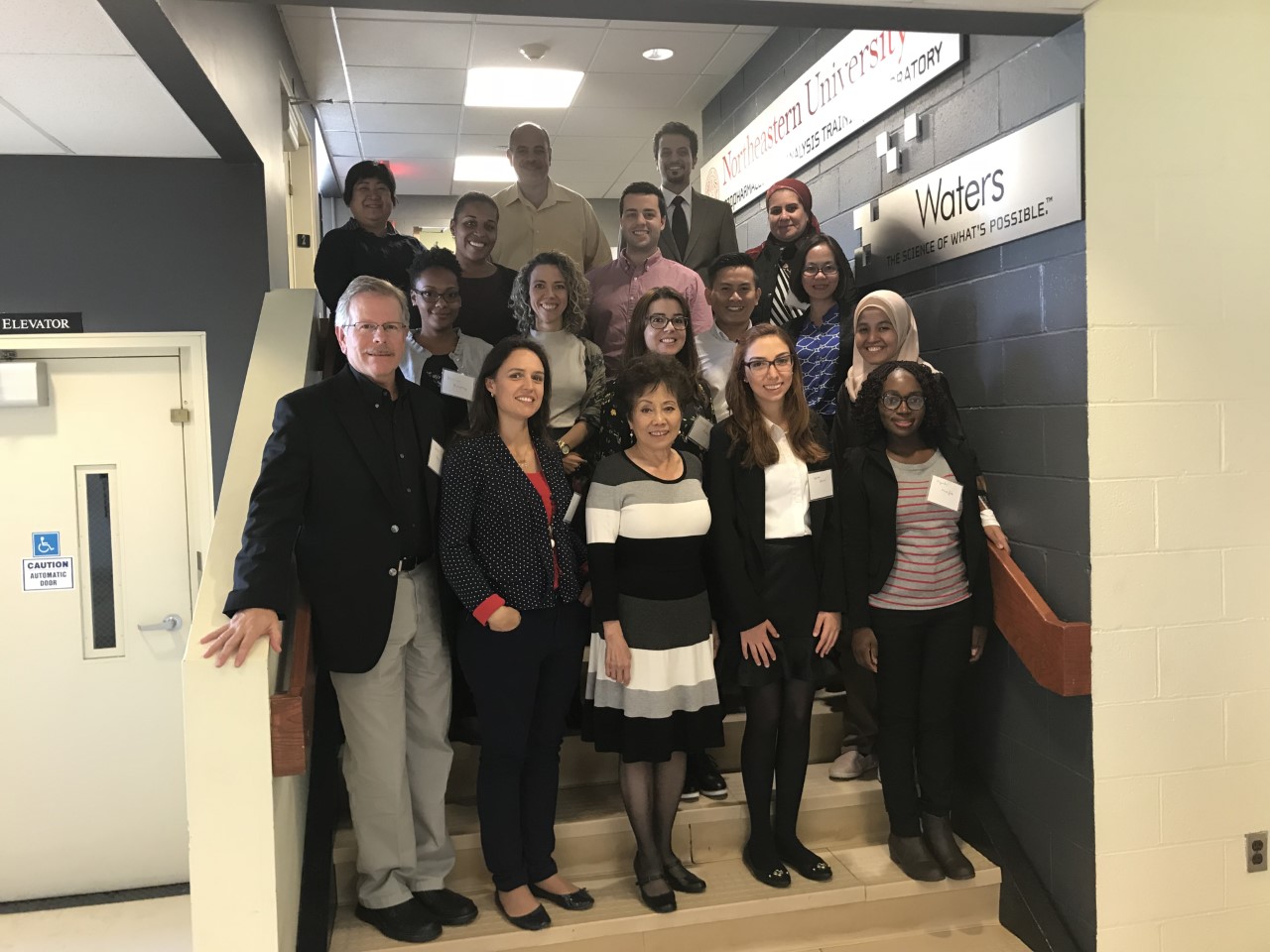In February of 2017, Northeastern’s Biopharmaceutical Analysis Training Lab (BATL) in Burlington, MA, was named as a Center of Regulatory Excellence in Biotherapeutics by the Asia-Pacific Economic Cooporation (APEC). Now, just eight months later, the BATL has another recognition to add to its list, as a training partner of the International Council for Harmonization (ICH).
The ICH is a worldwide organization that works to create standardized guidelines for drug regulation processes in every country. Currently, while the US FDA may require specific criteria to approve one type of drug, the Malaysian FDA may ask the same drug company for entirely different information. The ICH’s goal is to reach a higher standard of harmonization between federal agencies of drug administration and regulation across the globe.
Jared Auclair, Director of Executive Training and Biotechnology Programs and the Director of the BATL, through connections with the APEC, learned about the ICH training subcommittee, which was working on putting together training sessions to accompany each of their guidelines promoting harmonization across many countries.
“In order achieve harmonization, we need to provide harmonized trainings on each topic; we can’t have hundreds of different agencies doing it on their own,” Auclair said. “The idea is to harmonize all of the trainings including APEC, ICH, and other international organizations down the road.”
Auclair and the BATL spent six months planning a pilot training session for the ICH Quality 1 (Q1) stability guidelines, which focus on protein and small molecule stability. Auclair worked with industry partners, ICH members, and faculty to develop a curriculum to teach alongside other colleagues at the pilot training program this October. Both regulators from federal agencies and industry members came to represent their organizations from around the world – including from Africa, the Middle East, and South America.
“We trained them on the guidelines and how to use them,” Auclair said. “We did case studies, held didactic lectures, and we had a small lab-based, hands-on portion to teach how to monitor the stability of a biologic.”
After the training occurred, the ICH training subcommittee met in November with their management group to discuss the success of various new trainings that had taken place. Together, they voted that these trainings would be an important avenue to continue to pursue, and they recognized Northeastern’s BATL as an ICH-Q1 training partner. Now, Auclair and his team at the BATL can continue to deliver trainings for the ICH to further regulation harmonization.
Now that they’ve been recognized, Auclair is already hard at work planning trainings for 2018, looking into other guidelines to become experts on, and helping to expand the reach of the ICH to other countries in the world.
For Northeastern, this ICH recognition continues to help build the brand as an international force in regulatory harmonization training.
“It gives us more credibility in the field of regulatory harmonization and biologics and puts Northeastern’s name out there as a world leader in this,” Auclair said. “We are becoming the landing spot for all regulators or industry members who want to be trained in these areas.”
The success of these collaborative efforts will also have positive impacts on students in Biotechnology and Bioinformatics.
“I’m in the process of making these trainings into actual courses so Northeastern students will have access to exactly the same material that we’re using to train the international community on how to look at drugs, so they can leave with that knowledge before they graduate,” said Auclair.
Biotechnology
Featured Faculty

